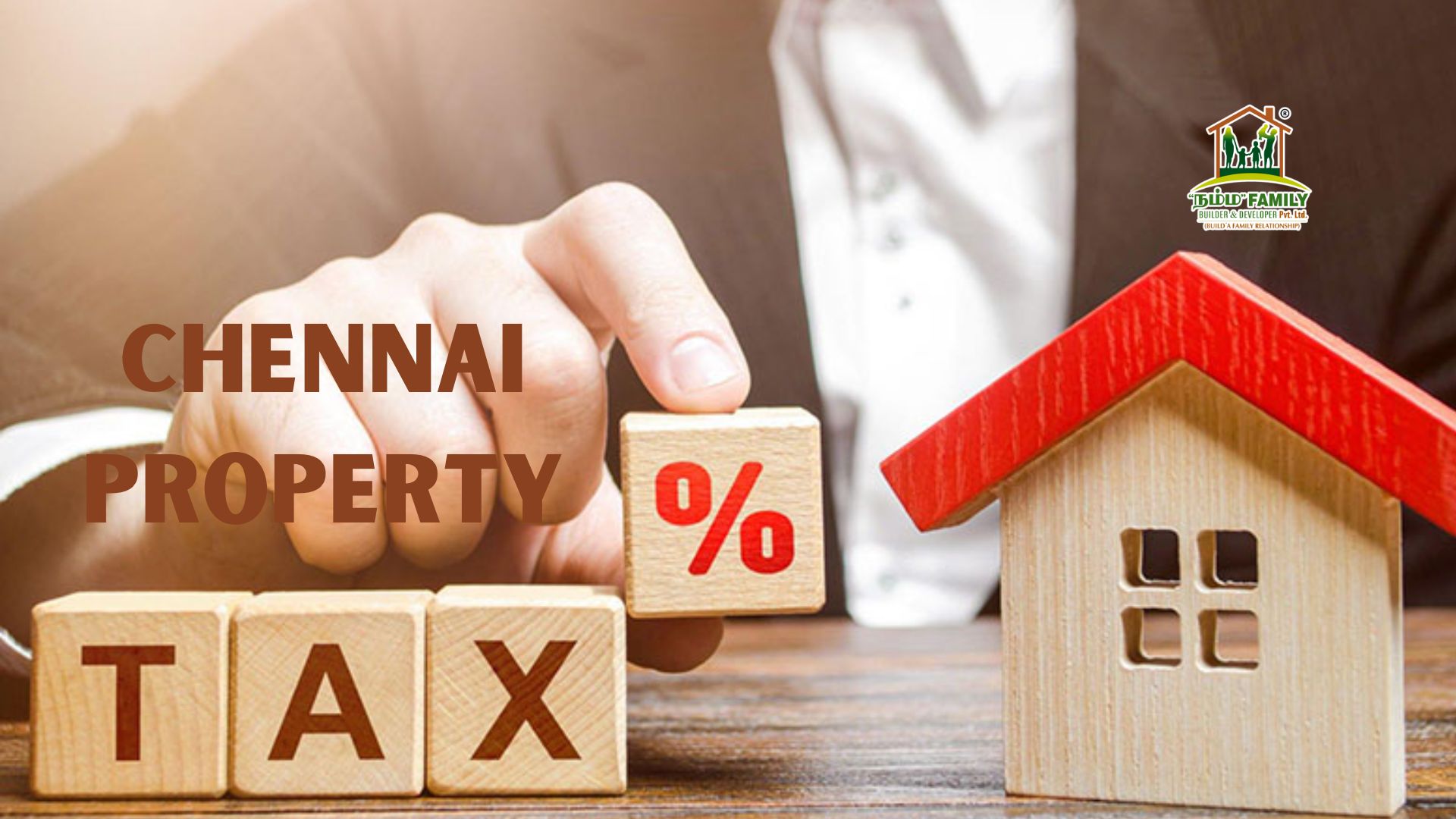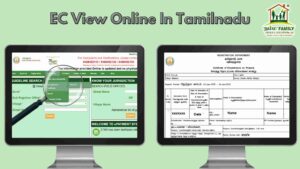
Chennai Property Tax: Calculation And Payment Methods

What Is Chennai Property Tax?
- Chennai Property Tax: Property tax in India is the amount paid by property owners to the municipal corporation of the area in which they live. It includes all real estate properties like shops, offices, factories, and residential houses.
- Owners of real estate in Chennai have to pay property tax on a semi-annual basis to the Greater Chennai Corporation. The GCC is divided into two semi-annual parts to calculate the total taxable revenue for a full year.
Property Tax Rate In Chennai
- The property tax rate of Chennai Corporation varies based on the property. The tax rate for residential property ranges from 0.60 to 2.40 per sq. ft.
- Non-residential projects, including those leased to businesses, cost between Rs 4 and Rs 12 per sq ft property-wise.
How To Calculate Chennai Property Tax?
Chennai Corporation assesses the property tax based on certain factors for each property. Recently it has devised a new formula to calculate this property tax. It is based on foundation areas, total floor area of exterior and interior walls fixed northerly value per square feet area, and basic street rate. Property tax is rationalized using the following formulas. have to do.
Half Yearly Tax = Base Street Rate x Area of Building x 135.40
(135.40 – Depreciation value, maintenance)
Calculation of BSR = Monthly rental value x 800
Monthly rental value = Annual rental value /12
Annual rental value = property value x 0.35%
Property Value = (Area x Guideline Value) +(Construction Cost) + (22.5% of Construction Cost)+(20% of Building Cost)
Construction Cost = Building Area x PWD Ratio
Chennai property tax calculation includes a semi-annual tax and a 10% library tax based on a percentage of annual value. Semi-annual property tax percentages:
- APR from Rs.1 to Rs.500: 3.75%
- Annual Value of Rs.501 to Rs.1000: 6.75%
- Annual Value of Rs.1001 to Rs.5000: 7.75%
- Annual value above Rs.5000: 9%
The following formula is used to calculate the annual value of land and buildings.
Steps For Payment Of Chennai Property Tax
Property taxes in Chennai can be paid online or offline as per your choice.
1. Online Payment Method
Ways to pay property tax online are as follows:
- Visit the official website of GCC to initiate payment online.
- Click on Online Citizen Services on the right side and select Online Tax Payment.
- Select Online Payment under the Online Tax Payment option.
- In the next section provide all the property details like zone number, ward number, bill number, and sub no. Then click on submit.
- You will go to a page that shows the total property tax payable by you in Chennai,
- Choose your evaluation period and choose Pay Online.
- After choosing your preferred payment method click submit payment.
2. Offline Payment Method
- To pay offline you can send the revenue to the officer through a check or demand draft which will reach Chennai Corporation through the following agents.
- Acceptance of tax collectors (Indian Overseas Bank, City Union Bank, Karur Vysya Bank, HDFC Bank, Canara Bank, IDBI Bank, Yes Bank, etc.)
- E Seva Centers established by Tamil Nadu Govt
- Tamil Nadu Government Cable Television Corporation is located in all taluk offices of the Chennai district
- Pay your Chennai property tax electronically by the stipulated deadline.
Exemption And Concession From Payment Of Property Tax
Exemption:
- Central government-owned properties and buildings occupied by foreign embassies are provided lighting from Chennai property tax. Recent changes in March 2018 have canceled the lighting previously provided to private educational institutions.
Concessions:
Property tax concessions are given for certain reasons based on the type of building. They are:
- 20% discount on religious rental value for semi-permanent buildings like tiled and thatched buildings.
- 25% discount on monthly rental option for owner-occupied residential buildings.
- 10% deduction on religious rental value for non-residential buildings occupied by owners.
- Maximum 25% discount for buildings older than 4 years.









This Post Has 2 Comments
My brother recommended I might like this web site. He was totally right. This post actually made my day. You cann’t imagine just how much time I had spent for this information! Thanks!
Thanks for recommending my post.Once again thanks for spending more time on my website.